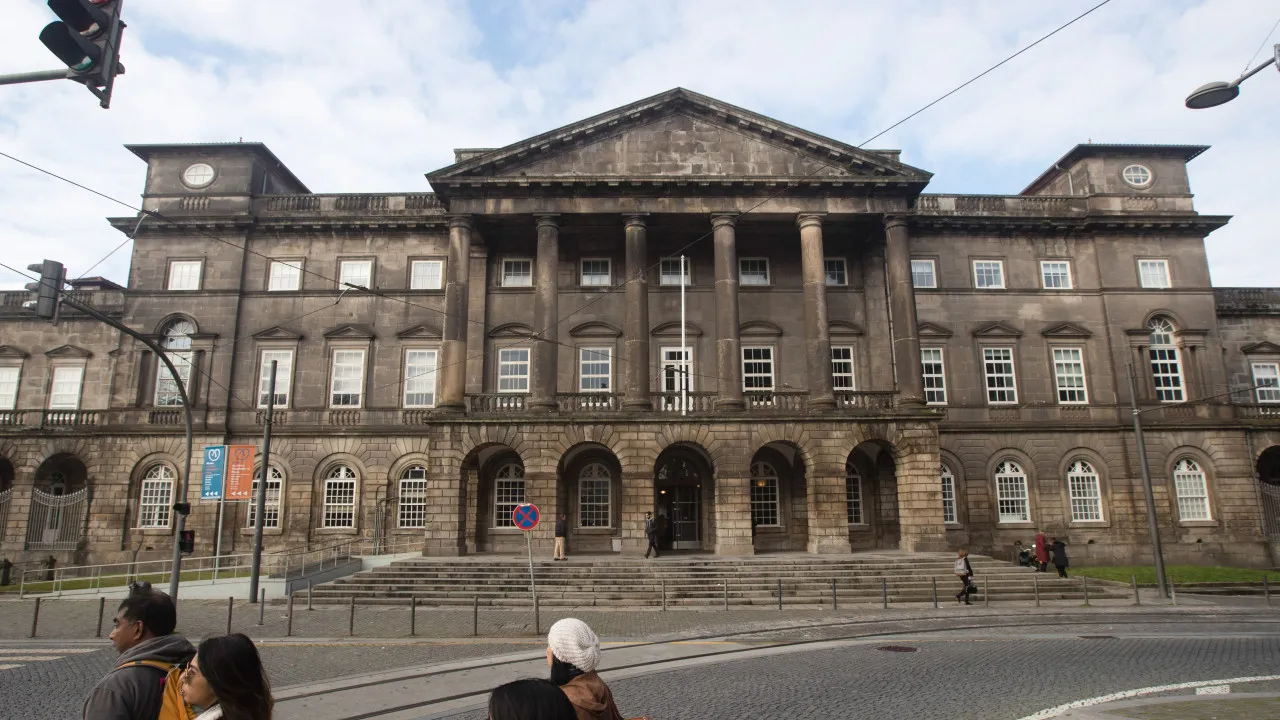
The implementation of a video surveillance system at the new Cytostatic Preparation Unit of the Local Health Unit of Santo António has sparked controversy, with Luís Dupont, a representative of the pharmacy technicians, stating that the measure “unilaterally imposed” compromises legality, the well-being of pharmacy staff, and clinical process safety. Dupont criticizes the installation as a misuse of public funds, with high costs and no added value.
In a statement, Dupont described the surveillance system as “unacceptable,” claiming it constitutes a “serious violation of labor, legal, and ethical rights” of the pharmacy technicians working there. He urged an “urgent” intervention by authorities, including the Ministry of Health, Ministry of Labor, Labor Conditions Authority (ACT), and National Data Protection Commission (CNPD), to restore legality and safeguard labor and professional rights. He demands the immediate suspension of the measure until a “transparent negotiation process” is established to clarify the objectives and limits of the surveillance system.
The measure was introduced “without any negotiation with the workers or their representatives,” creating a “climate of control and distrust,” which undermines technical performance, well-being, and the autonomy of the professionals, according to the president of the National Union of Senior Health Technicians in Diagnostic and Therapeutic Areas.
The union “strongly repudiates this decision,” which they assert is illegal, disregards contractual good faith, violates the General Data Protection Regulation (GDPR), and increases operational risks in critical activities for user safety.
Even though an internal opinion from the institution’s data protection officer validated the decision, it “constitutes a clear violation of the fundamental rights of workers and various legal norms,” Dupont emphasizes. He asserts that the imposition of a video surveillance system, functioning as a mechanism for continuous control and surveillance, creates tension, surveillance, and distrust, potentially increasing operational risks through induced stress and consequent degradation of preparation quality and safety, which is unacceptable technically, ethically, and legally.
In response to a request for clarification, the administration of ULS de Santo António, Porto, clarified that the system “does not record images of professionals, except for their gloved hands when handling highly toxic products in laminar flow chambers” at the new Cytostatic Preparation Unit.
The administration stated that the system is in place to “adhere to best practices” ensuring maximum safety for both patients and professionals. The system is endorsed by the European Medicines Agency (EMA) and has been thoroughly examined by the Institutional Data Protection Officer, resulting in a technical-legal document that the union possesses.
According to the administration, the system was presented to professionals in a meeting with the Pharmaceutical Services, and it remains inactive. They have informed the union that it will stay inactive until all pertinent and reasonable concerns are fully addressed in an in-person meeting.




